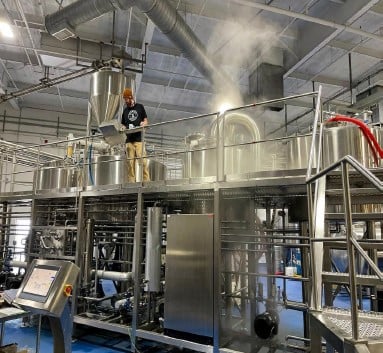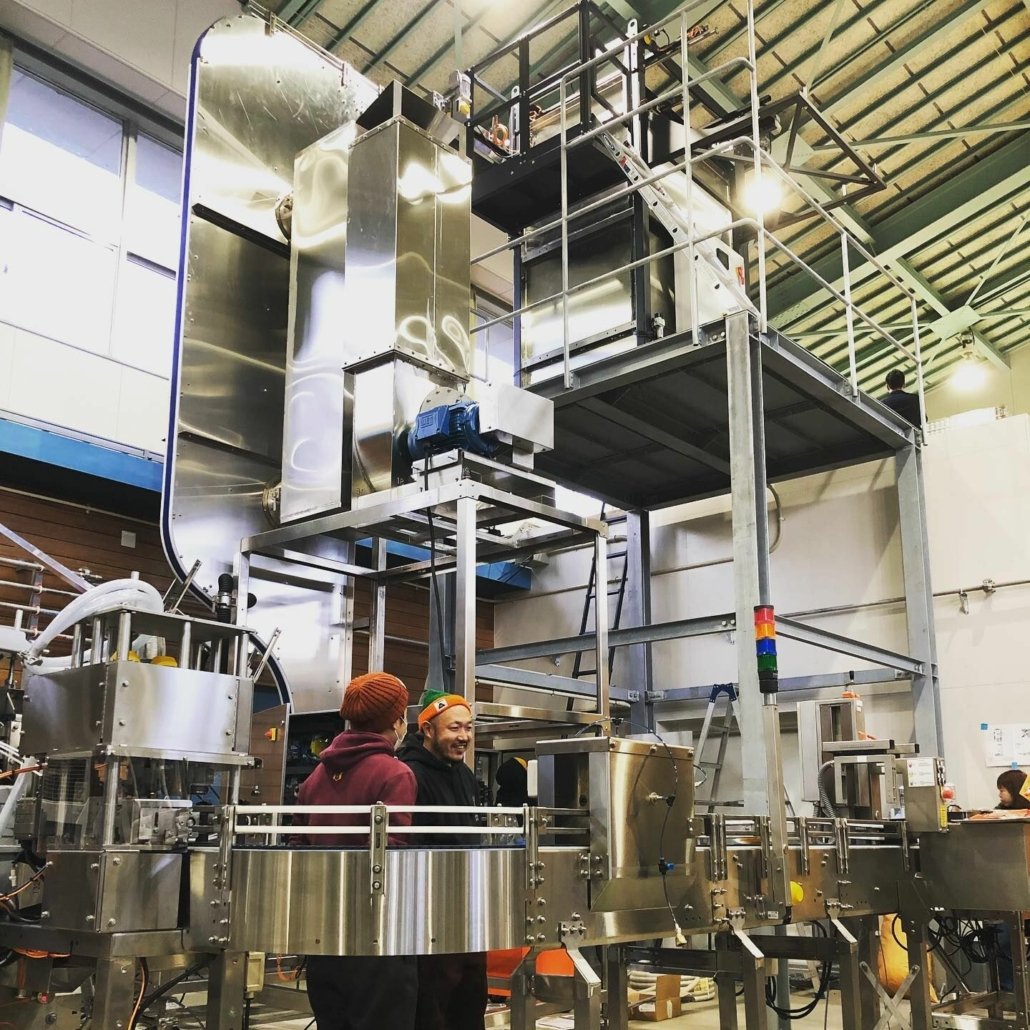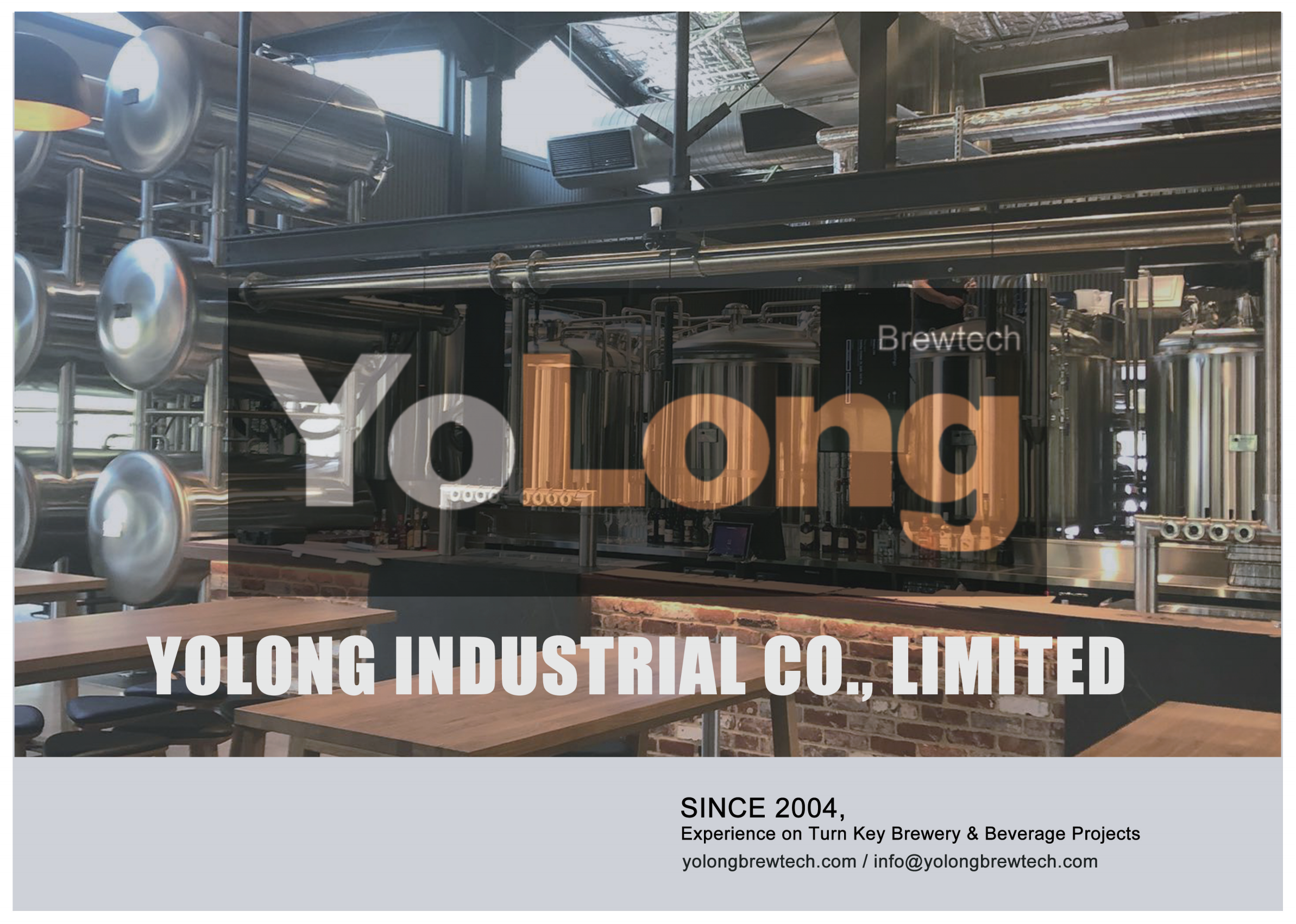The Ultimate Guide to Micro Brewing Equipment
Microbrewing has become a booming hobby and business avenue, offering passionate brewers a chance to create unique, craft flavors. But choosing the right micro brewing equipment is crucial for success, and the process involves understanding everything from types of equipment to specific brewing processes. This guide is here to break down everything you need to know, so let’s dive into the world of micro brewing!
Overview of Micro Brewing Equipment
Micro brewing equipment includes all the tools, machines, and setups necessary to craft small batches of beer. Ranging from a few liters to several hundred, microbreweries require specialized equipment to produce high-quality, consistent, and scalable brews. Key pieces include fermenters, kettles, pumps, and control systems, among others.
Whether you’re an aspiring home brewer or setting up a commercial microbrewery, understanding the equipment you need can streamline your journey. Let’s start by exploring the types of micro brewing equipment and their specific roles.

Micro Brewing Equipment Guide
Here’s a breakdown of essential micro brewing equipment and their functions.
| Equipment Type | Description |
|---|---|
| Mash Tun | Used to mix grains with water, initiating the mashing process where enzymes break down starches into fermentable sugars. |
| Boil Kettle | Where the wort is boiled and hops are added. Boiling sterilizes the wort, concentrating flavors and evaporating unwanted compounds. |
| Fermentation Tanks | Vessels where yeast ferments the wort, turning sugars into alcohol and creating CO₂. Tanks come in various sizes to accommodate different production volumes. |
| Heat Exchanger | Used to cool the hot wort rapidly before transferring it to the fermentation tank, avoiding contamination and preserving flavor. |
| Control Systems | Panels or digital systems that help monitor temperature, pressure, and timing throughout the brewing process. |
| Pumps | Facilitate the movement of liquids between tanks and throughout the brewing system. |
| Bottling/Canning Line | Machinery that fills and seals bottles or cans, maintaining product quality and preparing it for distribution. |
| Cleaning Equipment | Includes Clean-In-Place (CIP) systems essential for sanitizing tanks and lines between brews to prevent contamination and preserve taste. |
Micro Brewing Process Explained
Creating craft beer involves a series of precise steps, each reliant on specific equipment. Here’s a breakdown of the process, followed by a more detailed look at each phase.
- Mashing: Grains are mixed with hot water in the mash tun, which activates enzymes that convert starches to fermentable sugars.
- Boiling: The wort is boiled in a kettle to sanitize it, while hops are added for bitterness and aroma.
- Fermentation: The cooled wort is transferred to fermentation tanks where yeast transforms sugars into alcohol.
- Conditioning: The beer matures, allowing flavors to develop fully.
- Packaging: The beer is transferred into bottles or cans for distribution.
Each step requires precise temperature control, timing, and sanitation, making high-quality equipment essential.
Micro Brewing Equipment Capacity, Space, and Design
Choosing equipment means balancing capacity, space, design, and customization. Here’s a guide to understanding what you need for your brewing scale:
| Parameter | Details |
|---|---|
| Capacity | Ranges from small 10-liter homebrew systems to 20-barrel setups for commercial microbreweries. Choosing the right capacity depends on your brewing goals. |
| Space Requirements | Microbreweries typically need between 500 to 2,000 square feet. Equipment should be selected based on available space and operational needs. |
| Design | Modular designs allow for flexibility in layout and future expansion, while compact designs help save space. |
| Customization | Options like jacketed fermenters for temperature control or automated control panels for precision can be customized to match your unique brewing style. |
Price Range of Micro Brewing Equipment and Leading Suppliers
The price of micro brewing equipment varies widely, depending on the scale, quality, and level of automation. Here’s a general idea of cost and some reputable suppliers.
| Supplier | Equipment Range | Price Range |
|---|---|---|
| BrewBuilt | Homebrew kits to small commercial setups | $500 – $50,000 |
| Ss Brewtech | High-quality home and commercial setups | $1,000 – $100,000 |
| Blichmann Engineering | Customizable brewing systems | $1,500 – $75,000 |
| Alpha Brewing Operations | Full-scale commercial setups | $10,000 – $250,000 |
| A.B.E. (American Beer Equipment) | Custom designs, canning lines | $50,000 – $500,000 |
Prices for micro brewing equipment can vary based on custom features, build materials, and country of origin.
Installation, Operation, and Maintenance of Micro Brewing Equipment
Proper installation, operation, and maintenance are crucial to a successful brewing process.
| Process | Details |
|---|---|
| Installation | Requires professional setup to ensure safety and functionality. Electrical and plumbing setup is usually handled by certified technicians. |
| Operation | Most systems come with manuals, but training is recommended for larger setups. Many suppliers offer on-site training to assist with initial batches. |
| Maintenance | Regular cleaning and sanitation are key. Fermenters and lines need frequent washing to prevent contamination. CIP systems help automate some of this work. |
Ensuring regular maintenance can extend the equipment’s life, improve safety, and reduce repair costs over time.
Choosing the Right Micro Brewing Equipment Supplier
Finding a reputable supplier involves comparing prices, quality, and customer service.
| Criteria | Why It Matters |
|---|---|
| Reputation | Reliable suppliers with positive reviews and testimonials usually offer dependable products. |
| Customization Options | Look for suppliers that offer tailored solutions, as every brewing style has unique needs. |
| Customer Support | High-quality customer support is essential, especially for troubleshooting and training. |
| Warranty and Service | A solid warranty and reliable after-sales service can save significant costs in repairs and replacements. |
| Shipping and Import Fees | Overseas suppliers may have additional costs for shipping and import taxes, so clarify these details when planning your budget. |
Advantages and Disadvantages of Micro Brewing Equipment
Micro brewing equipment has its strengths and challenges, especially when compared to large-scale brewing systems.
| Advantages | Disadvantages |
|---|---|
| Scalability: Easy to scale up or modify as demand grows. | Cost: Initial setup and maintenance can be costly. |
| Control Over Quality: Smaller batches mean greater control over flavor and quality. | Complexity: Requires understanding of brewing processes. |
| Customization: Allows for unique recipes and flavors. | Space Requirements: Even small systems need considerable space. |
| Community Appeal: Growing consumer demand for craft beer supports microbreweries. | Operational Skill: Requires trained personnel for optimal operation. |

FAQs
Here are some common questions brewers often have when getting started with micro brewing equipment.
| Question | Answer |
|---|---|
| What’s the minimum investment for a microbrewery? | Homebrew setups can start around $500, but a commercial-grade system typically requires at least $50,000 to $100,000, depending on scale and customization needs. |
| Is micro brewing equipment difficult to maintain? | With regular cleaning and care, maintenance is manageable. Most systems have Clean-In-Place (CIP) capabilities that simplify the process. |
| How much space is needed for a microbrewery? | Depending on the scale, microbreweries need anywhere from 500 to 2,000 square feet. Compact systems are available, but planning space for expansion is recommended. |
| What is the ideal batch size for beginners? | Starting with 5-10 gallons (for homebrewing) allows beginners to experiment without a large investment. Commercial setups start around 1 barrel (31 gallons). |
| How do I choose the right supplier? | Look for suppliers with strong reputations, positive reviews, good warranties, and helpful customer support. Comparing product customization options is also key for selecting the right fit. |
Share this entry
Interested in learning more about Brewing Systems including additional details and pricing information? Please use the form below to contact us!
YOLONG BREWERY EQUIPMENT FAQS
- Commercial Brewery / Craft Brewery / Microbrewery / Nanobrewery
- What is The Difference Between Craft Beer and Industrial Beer?
- The Bespoke Differences In Custom Brewing Systems
- Everything You Need to Know About Kettle Souring
- How to Choose Brewing Equipment for Your business?
- How To Choose The-Best Partner To Build Your Commercial Microbrewing System?
- Two Detection Sensors That You Need To Use In Your Brewhouse System
- Remote Control Applications in Brewing Equipment/How does it work?
- How To Clean Your Brand New Brewery Tanks?

